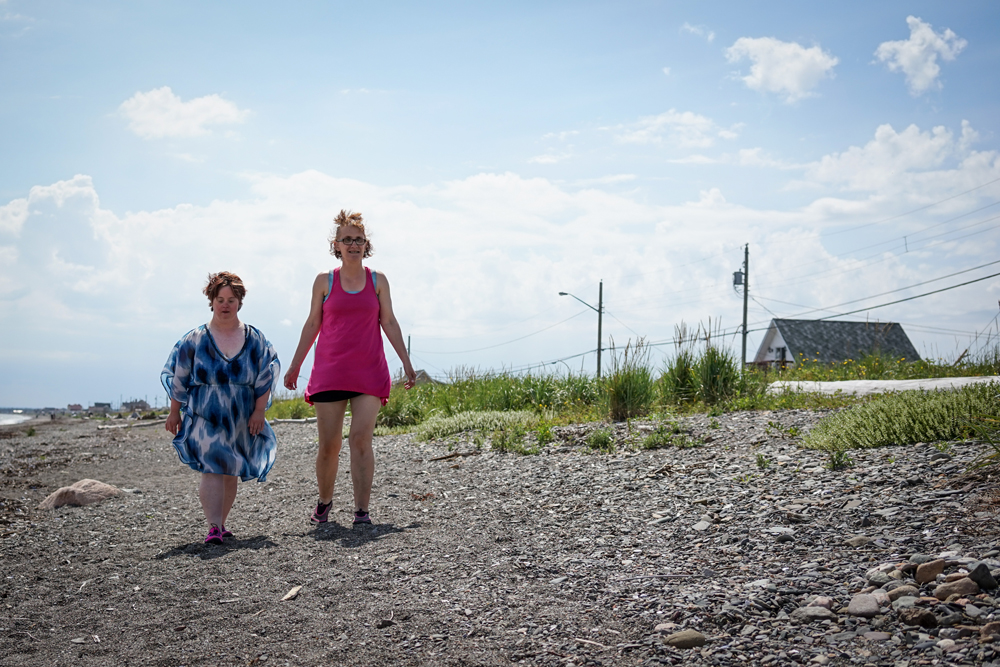 Women with disabilities make up 10 percent of the population of all women worldwide, and in Canada, one out of five women is living with a disability. Women with disabilities are a highly diverse population, both in terms of the kinds of disabilities they are living with, and their individual identities and experiences. Women with disabilities in Canada represent multiple perspectives and identities, because they occupy all strata of society; they are racialized people, immigrants, refugees, migrants; they come from Indigenous, LGBTQ and many other communities and they are of all ages, and come from various socio-economic and linguistic backgrounds and faiths. Today, as we mark International Women’s Day in Canada and reflect on its theme of #EqualityMatters, we also reflect on the importance of working in recognition and respect of these various intersecting identities, and of the manifold experiences of women with disabilities who may belong to one or some of these communities.
Women with disabilities make up 10 percent of the population of all women worldwide, and in Canada, one out of five women is living with a disability. Women with disabilities are a highly diverse population, both in terms of the kinds of disabilities they are living with, and their individual identities and experiences. Women with disabilities in Canada represent multiple perspectives and identities, because they occupy all strata of society; they are racialized people, immigrants, refugees, migrants; they come from Indigenous, LGBTQ and many other communities and they are of all ages, and come from various socio-economic and linguistic backgrounds and faiths. Today, as we mark International Women’s Day in Canada and reflect on its theme of #EqualityMatters, we also reflect on the importance of working in recognition and respect of these various intersecting identities, and of the manifold experiences of women with disabilities who may belong to one or some of these communities.
We also recognize that not only do women in Canada live with numerous experiences of marginalization, but that with each layer of identity, be it disability status, refugee status or Indigeneity, barriers are added to their safety and wellbeing.
It is with this understanding that IRIS has been implementing its 3-year solidarity initiative, with the support of Status of Women Canada, entitled Working Together: Combating Structural Violence against Indigenous, Racialized, Migrant Women and Women Labeled with Intellectual and Psychiatric Disabilities. The project seeks to equip women from these communities to identify, articulate and transform local supports in ways that will more effectively meet their needs, by working both within their own communities and across groups.
Equality matters because persistent and pervasive disparity between men and women remains a threat to women’s safety and full participation in society. Institutional barriers to equality put women with disabilities —who already occupy marginalized positions in society—at an added risk of violence when systems further discriminate against them across other intersections of identity. By working directly with mainstream violence prevention and response services to change their practices and policies, and by supporting Indigenous, refugee, migrant women and women labeled with intellectual disabilities to lead and direct the changes they need in community services, the Working Together initiative is identifying the places where inequalities between men and women exist, and developing practical, realistic, actionable and community-led strategies to achieve the objective of increasing the safety of women – embodying the ethos of #EqualityMatters.
